Common problems like cold, cough, runny nose and fever start affecting people as the winter begins. A change in weather affects young children and the elderly most. No wonder, to avoid common diseases and to stay fit and healthy in the winter season, one should include some changes in the diet for the period.
Carrots boost the immune system
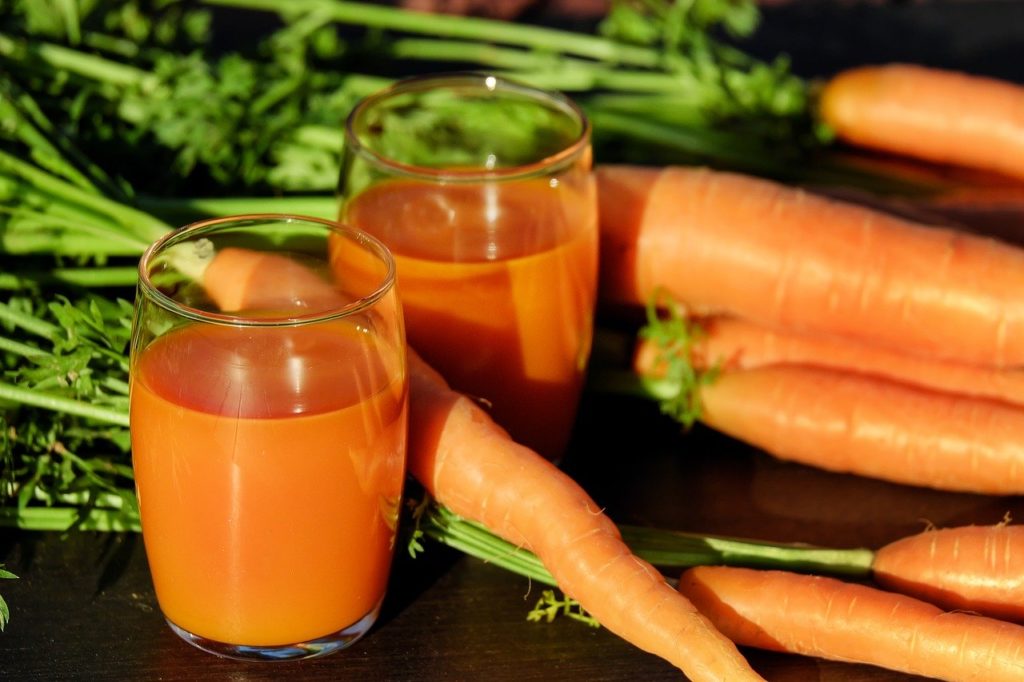
Carrots are rich in vitamin A, vitamin B, C, calcium and pectin fibre. Its regular intake regulates the cholesterol level from rising in winter. Juice of carrot, beetroot and cucumber effectively reduces the level of uric acid in the body.
This winter vegetable is also rich in vitamins and minerals. Its juice makes the body’s immune system stronger and protected against bacteria and viruses during the cold.
A regular intake of carrot juice in winter forms an immunity against cold.
Beetroot- The vital nutrients supplier
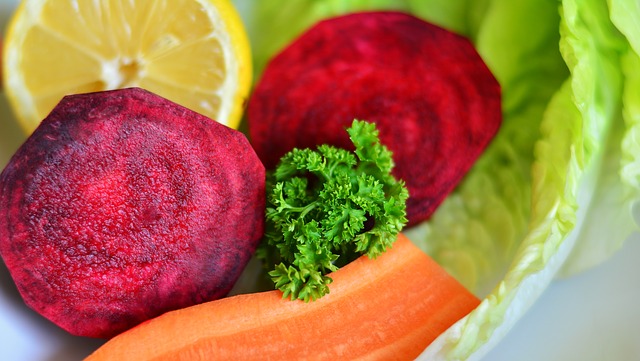
Beetroot is rich in vitamins A, B, B1, B2, B6 and vitamins give your body more than half of the vitamins with a lot of iron content.
The nitrates in the vegetable are converted to nitric oxide by our body’s digestive system. This consequently, lowers our blood pressure by relaxing and lowering blood vessels. The leaves of beetroot vegetable are highly beneficial against iron deficiency.
It also contains sodium-potassium, phosphorus, chlorine, iodine and iron. On the quantity of blood in the body, beet increases blood in the body.
Amla – a powerful antioxidant
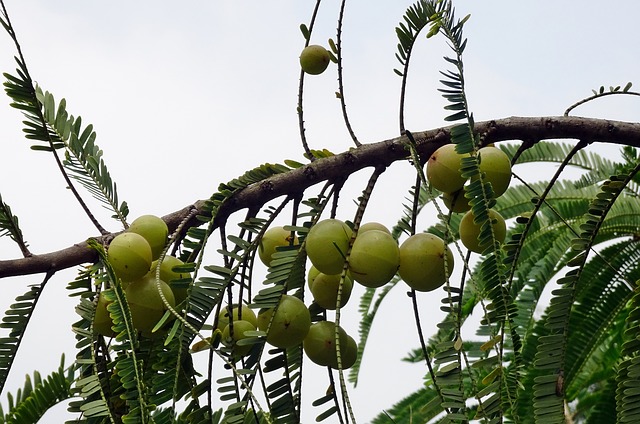
Amla is a rich source of vitamin C. It keeps the blood sugar level under control and prevents anaemia. Its consumption during the winter keeps seasonal health issues at bay.
The presence of vitamin C in amla fruit strengthens the body’s immune system. Moreover, the antioxidants found in this fruit removes harmful chemicals from the body.
Every 50 grams of Amla contain provides 0.5 grams of protein, 13.7 grams of carbohydrate, 58 grams of calories and 1.2 milligrams of iron.
Spinach – rehydrates body
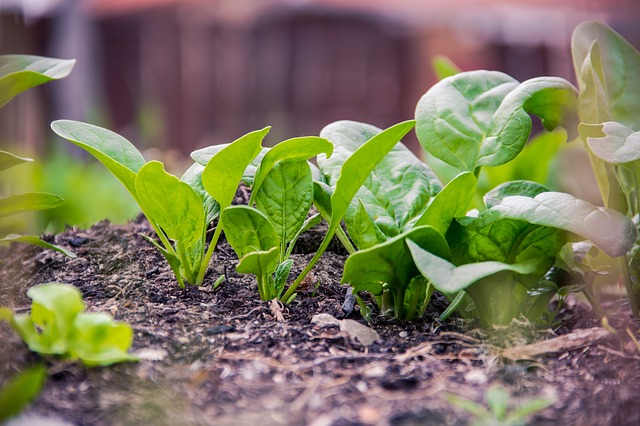
If you are looking for green-leafy vegetables to have in winter, spinach is the best option for you. It contains lots of essential elements apart from the Proteins, Vitamins, and Iron.
Drinking Spinach Soup with Vegetables helps to reduce water deficiency in the body. You can also eat spinach as a vegetable.
Water chestnut – a blood pressure reducer
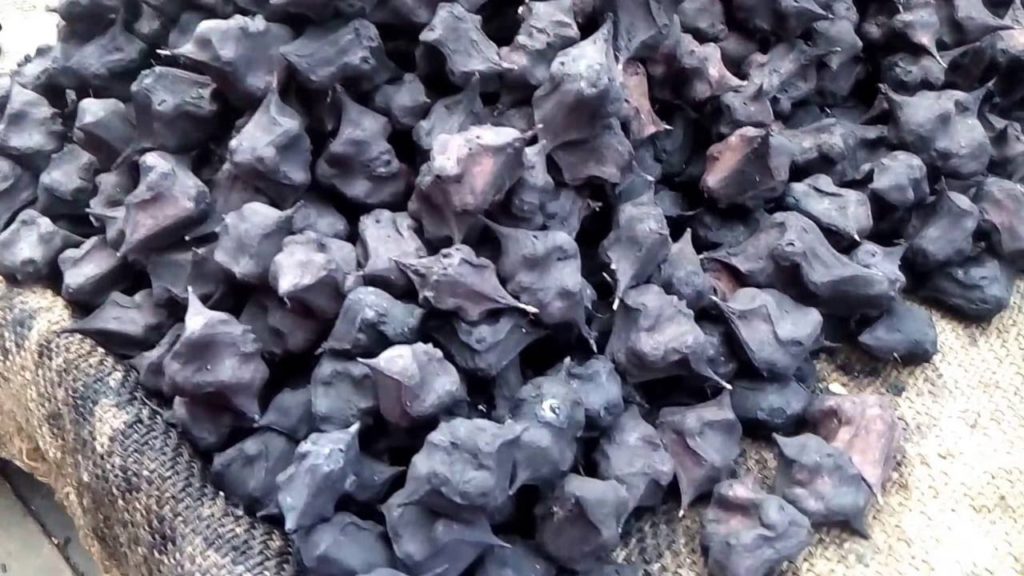
Water Chestnut is a highly nutritious and low-calorie food for winter. This aquatic tuber vegetable reduces blood pressure.
The winter vegetable contains – citric acid, amylose, Carbohydrate, Tannin, Beta-amylase, Protein, Fat, Nicotinic Acid, Riboflavin, Thiamine, Vitamin A, Vitamin C, Manganese, and Phosphorylase.
It is an excellent vegetable to have in winter. Its antioxidant properties protect the body against free radicals.
Finally, these food items help to keep the body warm and healthy in winter.

Lifebing is driven by an unrelenting passion for promoting health and well-being, our team is wholly committed to curating exceptional content and immersive experiences.
